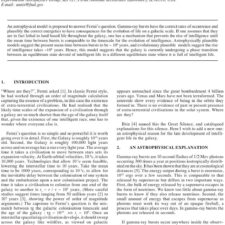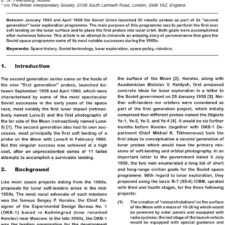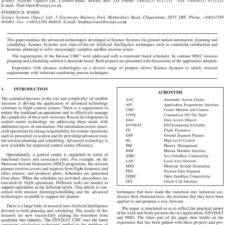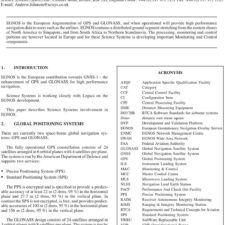The Emergence of the Worldship (I): The Shift from Planet-Based to Space-Based Civilisation
£5.00
S. Ashworth (2012), JBIS, 65, 140-154
Refcode: 2012.65.140
Keywords: Starship, worldship, interstellar travel, space technology, economic growth, energy growth, space colonisation, percolation theory
Abstract:
Design concepts for passenger-carrying interstellar vehicles may be organised according to speed of travel and payload mass. The most likely design solutions fall on a scale which ranges from the high speed, low mass rapid transport at one end to the low speed, high mass multi-generation worldship at the other. The medium speed, medium mass cruiser is defined as an intermediate case. Using an energy-based analysis, it is shown that the rapid transport is a less plausible case. The more credible options for human interstellar flight are the multi-generation cruiser and worldship, in either case requiring the construction of an artificial mobile world-like environment for the sustainable support of a town- to city-sized community of travellers. This could be made possible by a shift in the dominant mode of human civilisation from planetary to space-based life. The long-term consequences for interstellar colonisation are illustrated with reference to the percolation theory presented by Geoffrey Landis.





